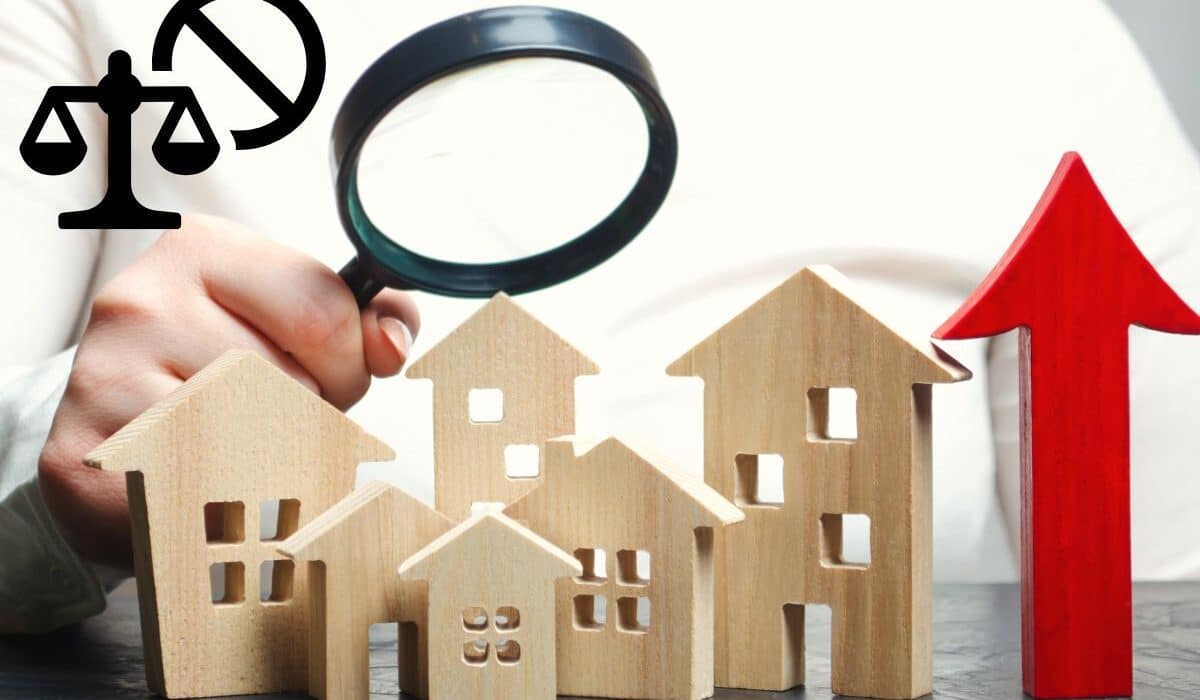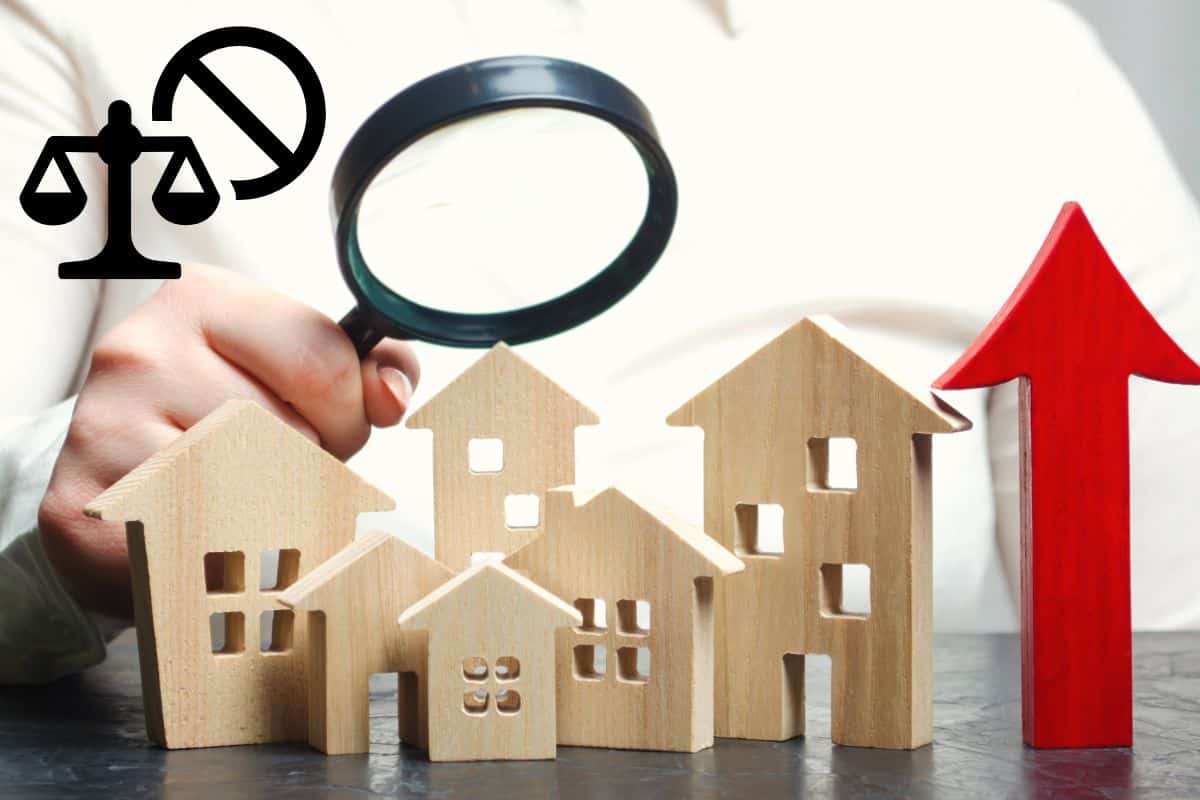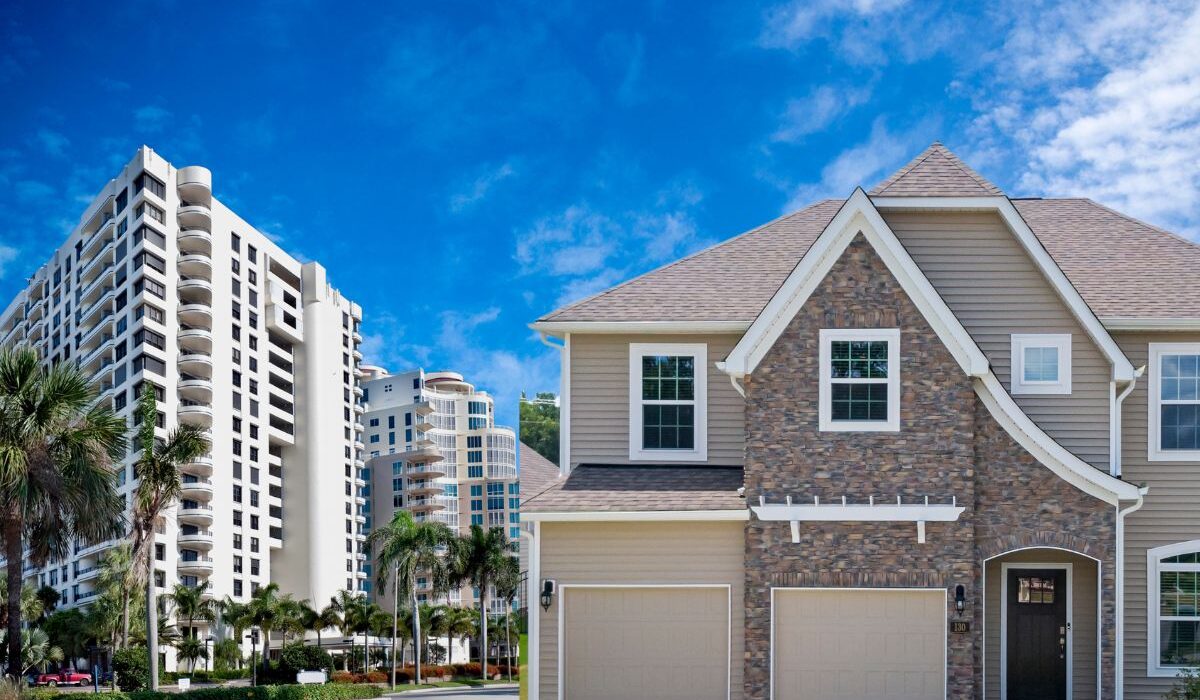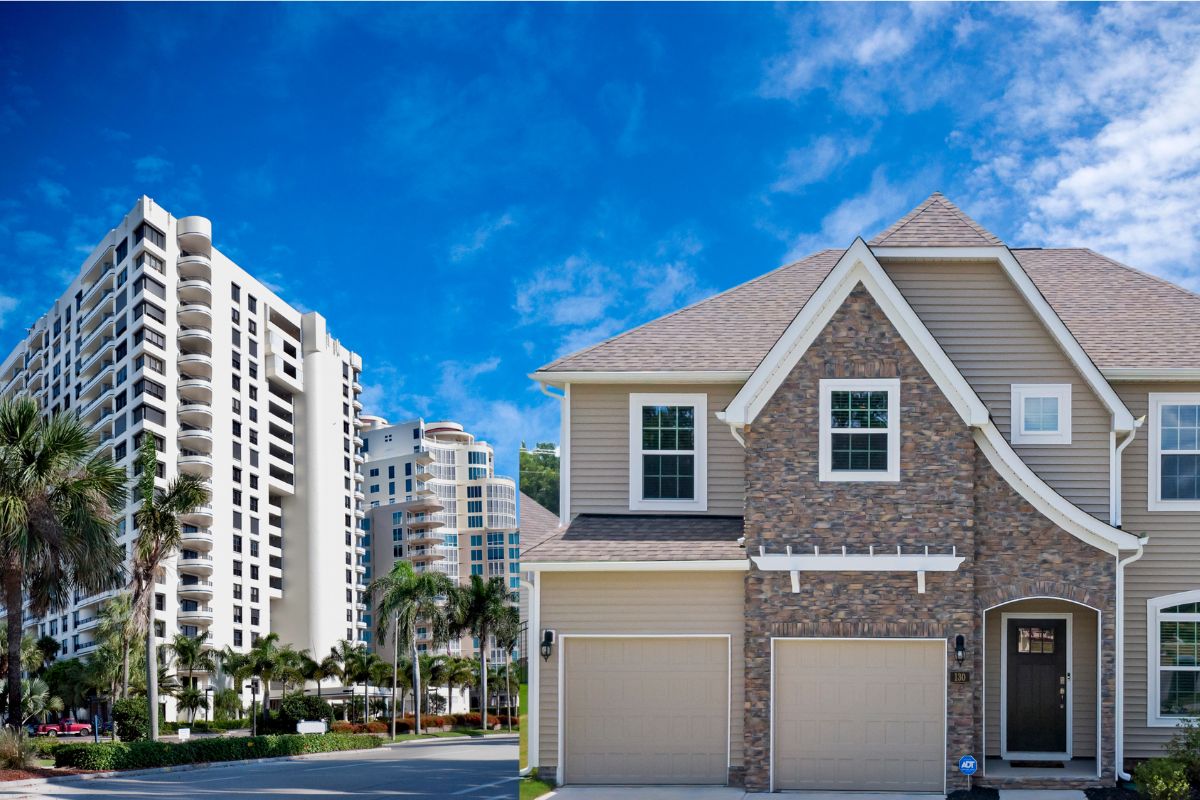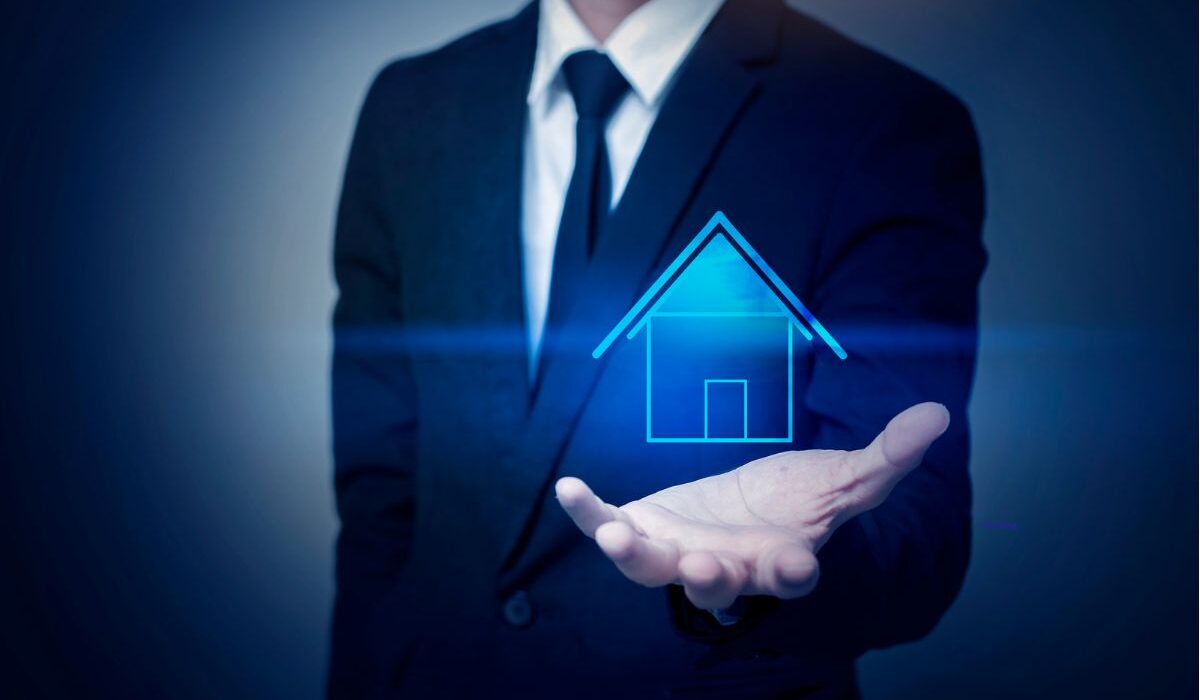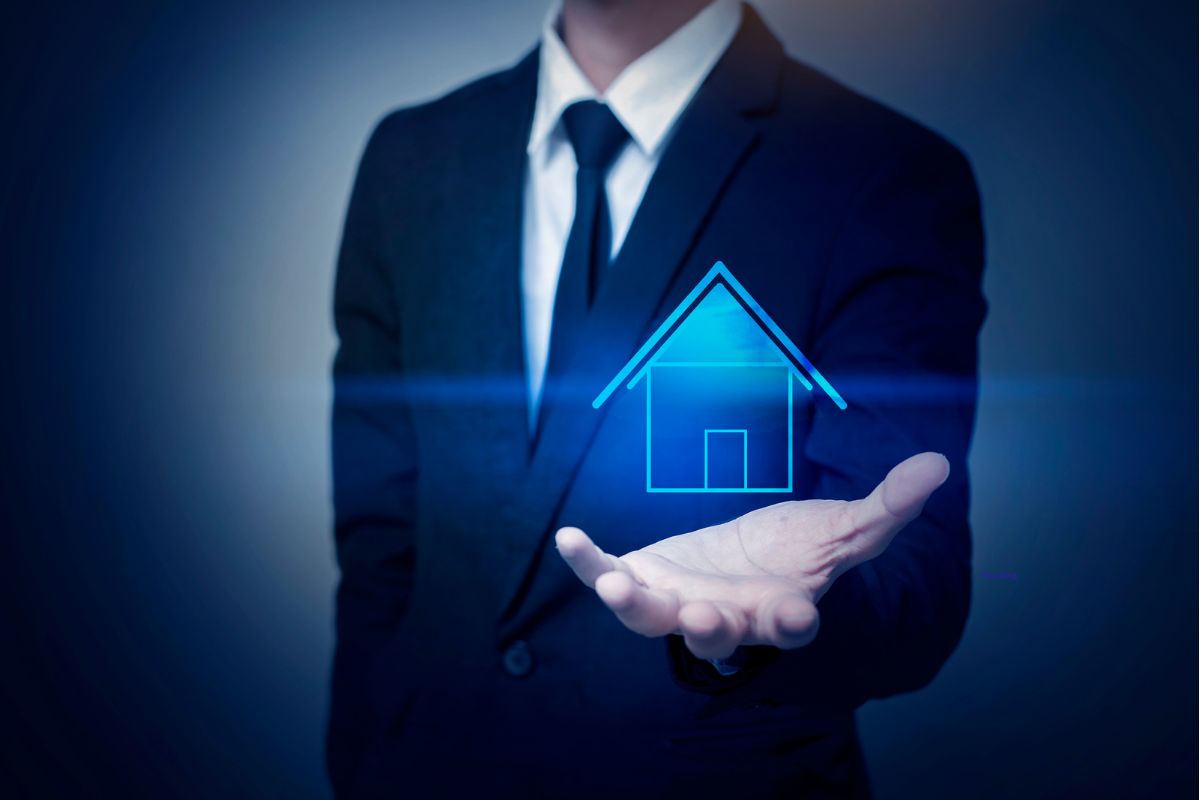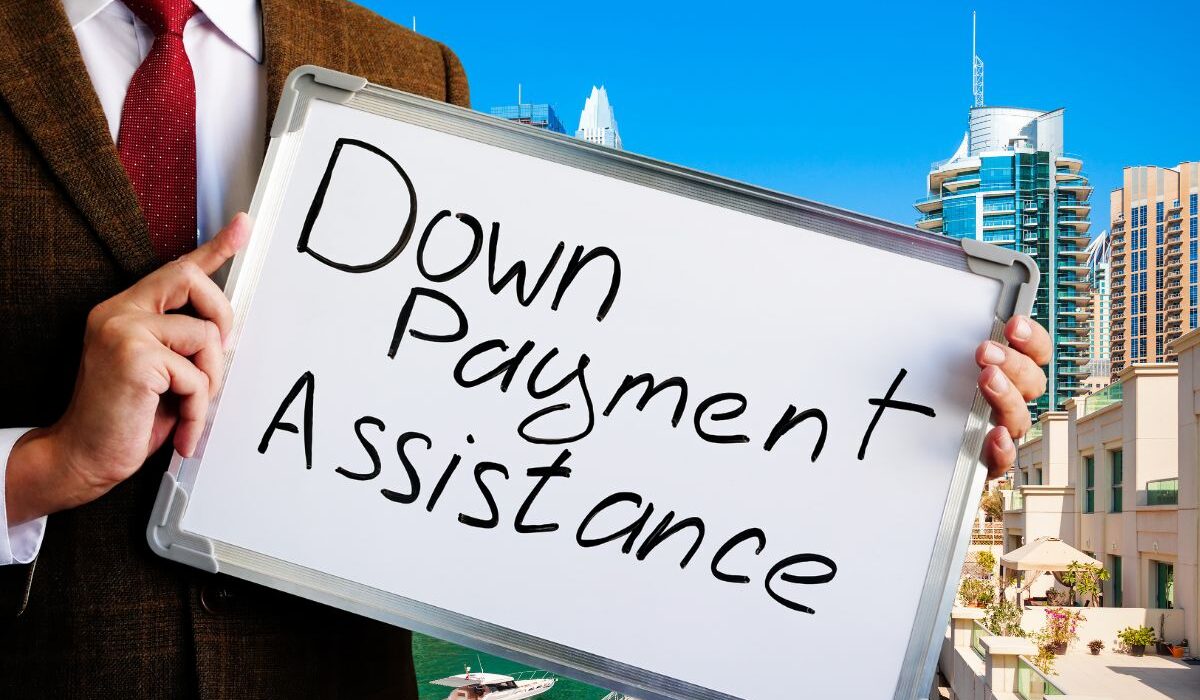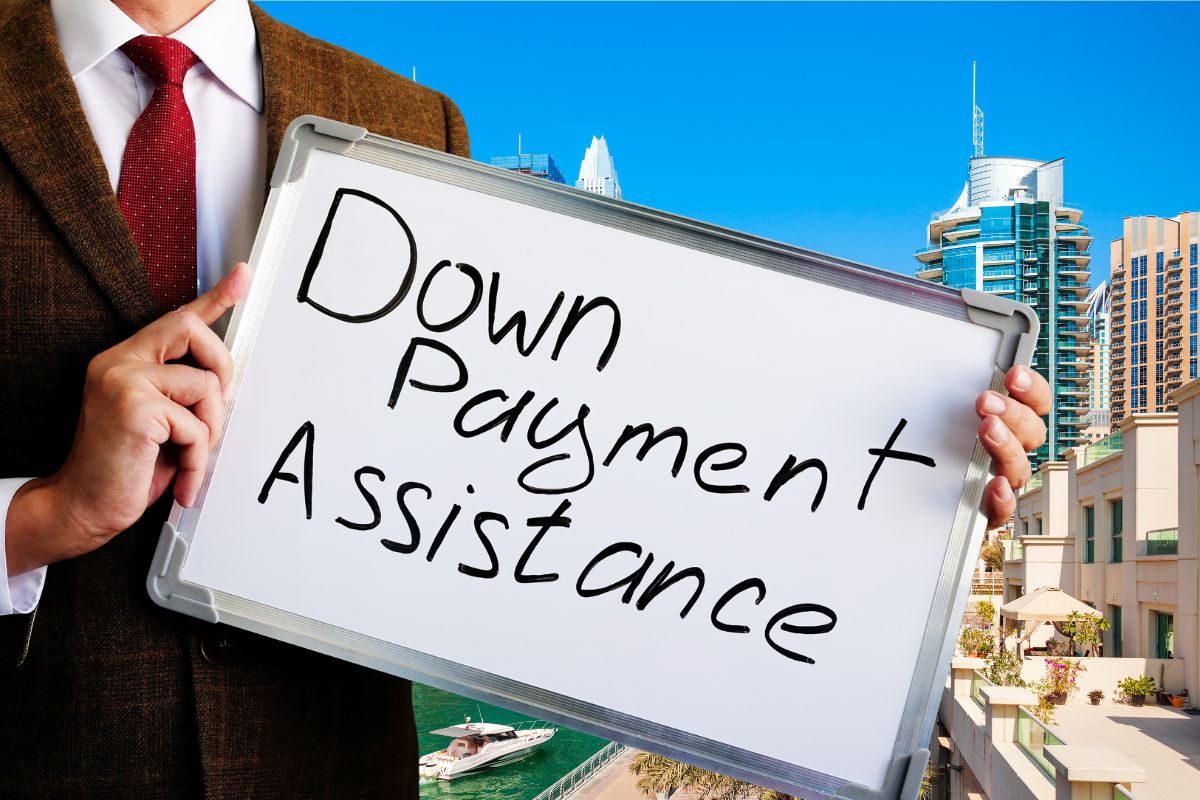10 Conditions When Buying Property in Dubai
10 Conditions When Buying Property in Dubai
Moving to a new Country can be a daunting experience, particularly when encountering unfamiliar terms in rental agreements. This article aims to assist you in navigating rental terminology commonly used in the United Arab Emirates (UAE). Below, you’ll find a list of 10 Arabic terms frequently encountered in UAE real estate, empowering you to approach property rentals within any emirate with greater confidence. The UAE has established robust and transparent systems and regulations to safeguard all parties involved in real estate transactions, encompassing all property types.
1. Ejari
Ejari is a system designed to manage long-term rental agreements. Established by the Real Estate Regulatory Agency (RERA) in 2007, registering rental contracts within the Ejari system became mandatory in 2010. This term is frequently encountered as it’s an essential step for anyone leasing residential or commercial properties in Dubai.
Registering a tenancy agreement through the Ejari system grants it legal validity and official government recognition by aligning it with national standards. Upon successful registration, tenants gain access to a range of benefits exclusively available through the unique Ejari number assigned. These benefits include:
- Commercial and alcohol license for a business
- Registration with DEWA (Dubai Water and Electricity Authority)
- signing agreements with Internet and TV companies
The Ejari system safeguards the rights of all parties involved in a property transaction, including the landlord, tenant, and property management company. Without Ejari registration, legal recourse in Dubai courts or government agencies for any disputes is impossible. Furthermore, standardized contracts based on Dubai Land Department regulations minimize or facilitate swift resolution of any conflicts.
The Ejari also offers valuable historical data on property owners and their properties. This allows prospective tenants to thoroughly investigate their potential landlord before committing to a lease agreement, ensuring their own safety and security.
Ejari registration fees are quite affordable. Paying in person at a DLD typing center costs AED 220, while using the mobile app or online platform costs AED 172. After submitting the necessary documents, the registration process is typically approved within two business days. It’s important to remember that the registration should be cancelled on the contract’s final day and renewed if the tenancy agreement is extended for another year.
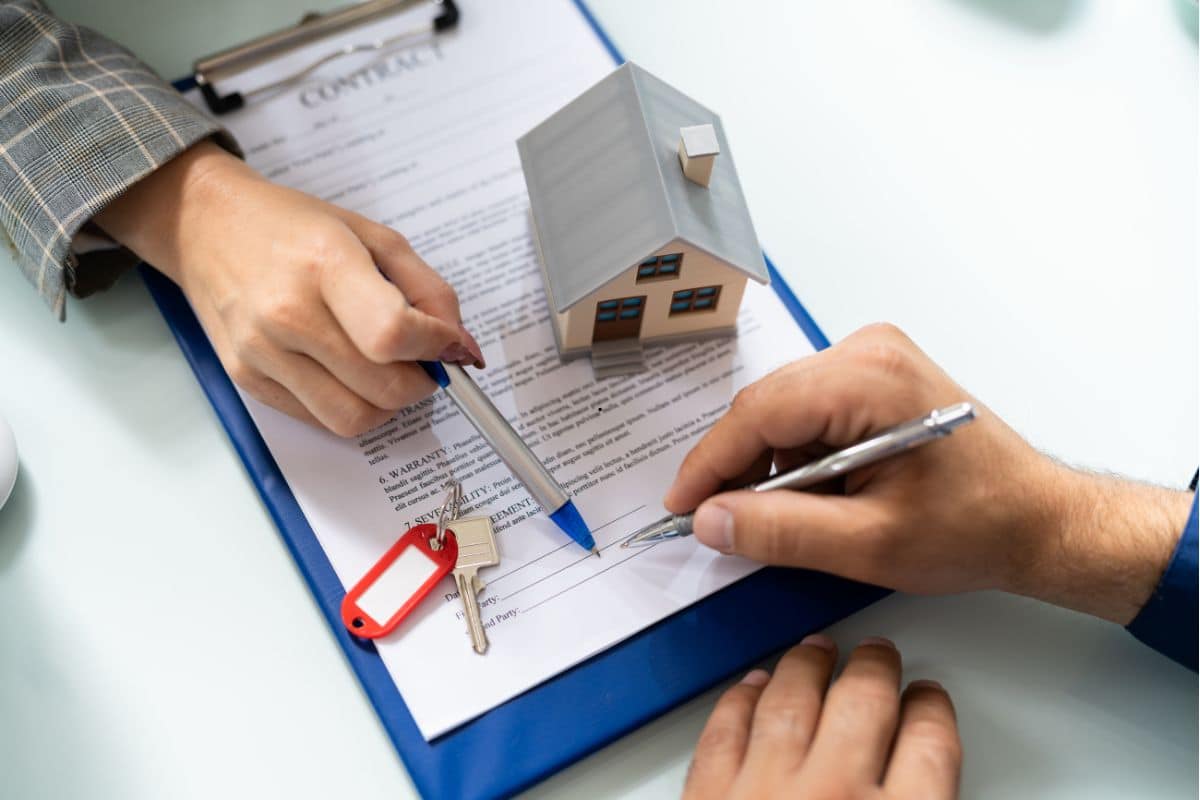
2. Tawtheeq
In 2011, Abu Dhabi Executive Council Resolution No. 4 established Tawtheeq, a registry system for landlords and all lease contracts. This system is managed by the Abu Dhabi Municipality (ADM). Registering leasable properties and tenancy contracts with Tawtheeq is mandatory for all residents of Abu Dhabi. Key benefits of Tawtheeq include:
- All rental transactions are accredited by relevant official authorities. This ensures transparency and credibility in the process.
- Transactions are handled efficiently and offer flexibility, resulting in time and effort savings.
- The system offers access to historical data on properties and tenancy agreements, benefiting both property owners and tenants.
- Simple procedures helps maintain the quality and accuracy of information, making the registration process smoother.
- Property management companies and homeowners possess the resources necessary to effectively manage and maintain their properties.
Within the system, you might encounter two terms: DMK-PR and DMK-EC. These refer to ADM’s Microsoft Excel templates designed to collect essential information. DMK-PR is for property and leasable unit details, while DMK-EC focuses on existing tenancy contracts for rented units, including information on vacant properties.
Similar to Ejari, Tawtheeq serves as a database of historical property and landlord records, enhancing tenant security. All properties must be registered on Tawtheeq before a contract is signed, as the registration process can take up to 30 days.
The cost of registering a new tenancy contract on Tawtheeq is AED 100, and unlike Ejari, this responsibility falls on the landlord.
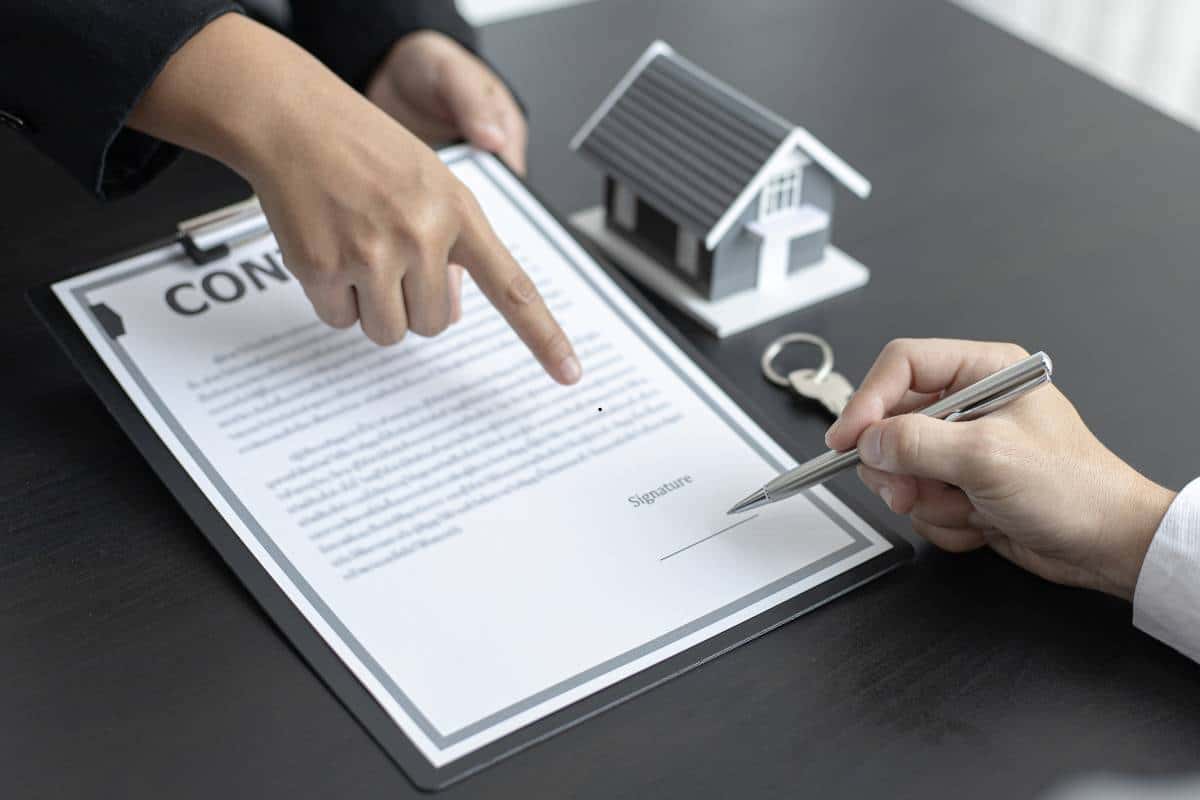
3. Tasdeeq
Similar to Tawtheeq and Ejari systems, Ajman introduced ‘Tasdeeq’ in 2017 under the direction of His Highness Sheikh Rashid Al Nuaimi, Chairman of the Municipality and Planning Department. This platform facilitates the registration of both residential and commercial tenancy contracts for tenants. Leveraging automated processes and advanced technologies, Tasdeeq simplifies the registration procedures. The term ‘Tasdeeq’ translates to ‘ratification’ or ‘attestation’ in Arabic. By formalizing tenancy contracts in Ajman, Tasdeeq aims to prevent disputes between landlords and tenants. The platform offers a range of services, including:
- Verification of the Lease Agreement for Economic Activity and Residential Uses (Online)
- Authentication of the residential contract for workers/staff
- Authentication of Lease Contract for Investment Purposes
- Authentication of All Lease Complaint Contracts
- Issuing Certificates of Lease Contract Registration
- Cancellation of Lease Contracts (Online)
The fees for Tasdeeq services are determined by the specific request and are based on the contract value. Tasdeeq is a recently introduced registration system and is not currently required, unlike in Abu Dhabi or Dubai. Nevertheless, it’s possible that mandatory registration may be implemented in the future.
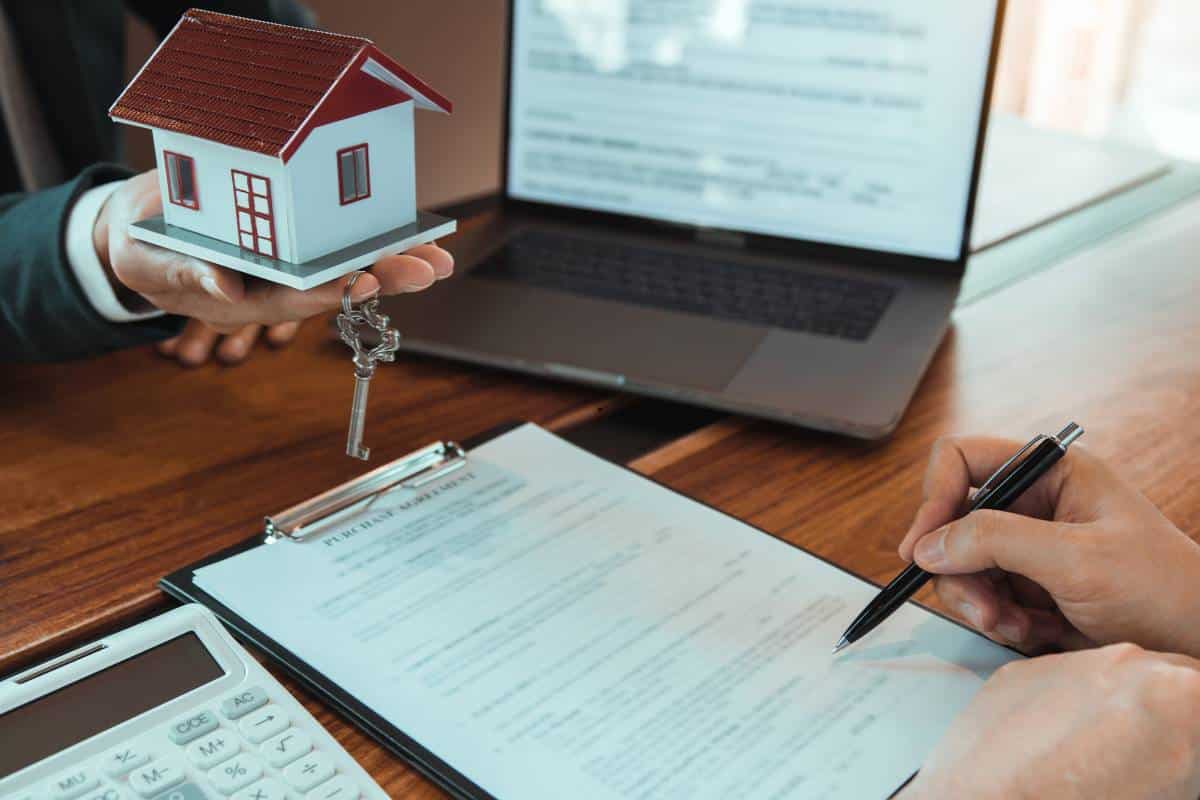
4. Musataha
While not commonly encountered in real estate terminology, the concept of Musalaha warrants careful attention. It essentially refers to a lease agreement that grants the right to construct and, in some cases, cultivate on another person’s land. Typically, such leases have a maximum duration of 50 years, although specific terms and conditions are outlined in the individual laws of each of the seven Emirates.
Historically, Musalaha was the primary means for foreigners to acquire property rights in the UAE. This practice finds its legal foundation in Article 1353 of the UAE Civil Code (Federal Law No. 5 of 1985), which defines Musalaha as “a right in rem granting the owner thereof the right to build a building […] on the land of another.”
Although not a standard term within freehold zones, certain developers, including Tecom and Dubai World Central, have adopted the use of Musalaha during construction phases.
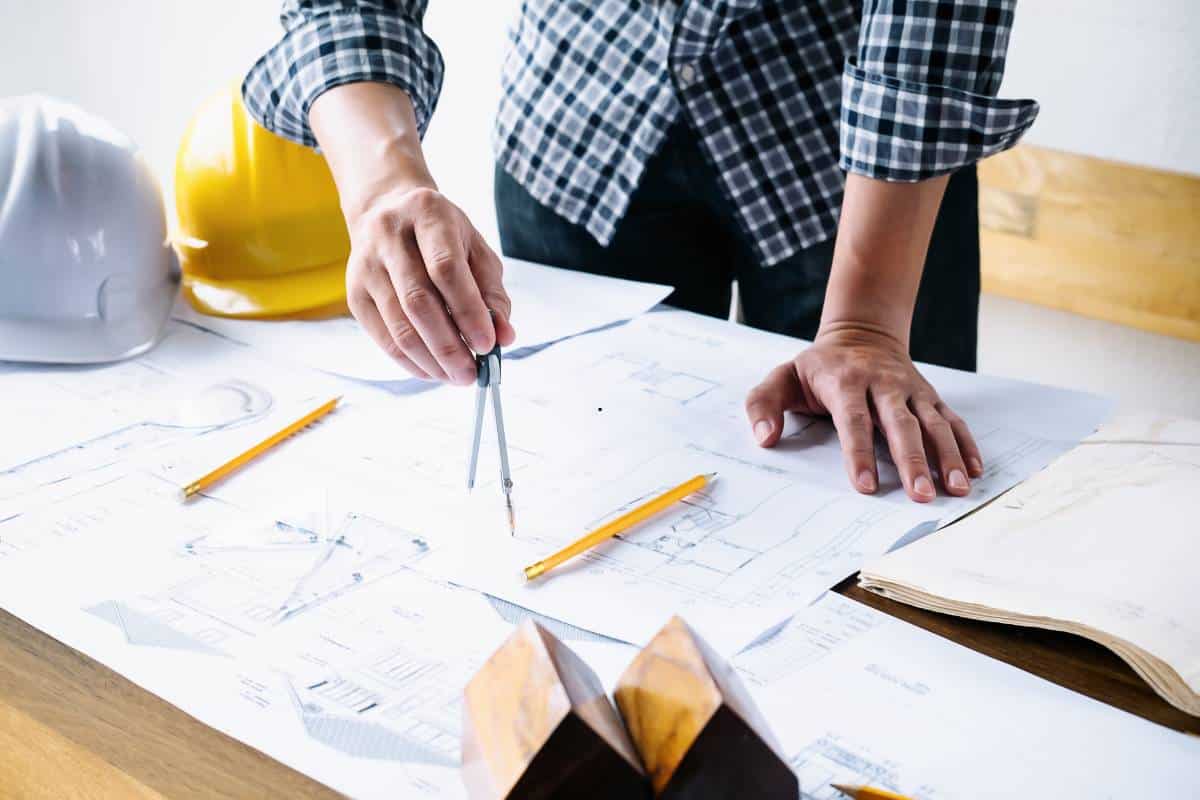
5. Ijarah
Ijarah is a unique leasing system introduced by the Dubai Land Department, often referred to as ‘rent-to-own.’ Under this arrangement, a bank leases a property to a customer for a predetermined rental period. The customer makes regular rental payments, which contribute towards eventual property ownership. At the end of the financing term, provided all payments are made on time, the bank transfers the property title to the customer. Essentially, the customer builds equity with each payment, ultimately becoming the property owner.
Usually, The lease term can range from three to seven years, as outlined in Federal Law No. 5 of 1985 (UAE Civil Code).
6. Makani
Initially launched in Dubai in 2015, this system has since expanded across the entire United Arab Emirates. Its name, which translates to “my location,” signifies its core function: providing a unique code (Macani Number) to all public and private buildings. This code facilitates easy property location for tenants. Additionally, the system incorporates an Emergency Location Reporting feature, enabling users to quickly send distress signals when needed.
7. Trakheesi
This smart system enhances the efficiency of Dubai real estate agents by streamlining different functions:
- Issuing licenses and permits for particular types of Activities.
- Approvals of integration with real estate websites
- Permission for the creation of apps and websites
The Trakheesi system streamlines real estate agent licensing by directly accessing and synchronizing data from the Dubai Economic Development (DED) database. This ensures that licensing information remains up-to-date, reflecting any changes such as trade name modifications or license renewals processed by DED. The system automates the issuance of licenses and permits, offering convenient access through both a website and mobile applications for iOS and Android.

8. Oqood
Investing in off-plan properties requires understanding the intricacies involved. Platforms like Oqood provide developers with valuable online tools for managing these projects. A key benefit is the ability to register initial sales without the need for physical visits to the Dubai Land Department.
In Arabic, ‘Oqood’ translates to ‘contract.’ This framework governs off-plan property transactions in Dubai, encompassing all procedures. The Oqood system was established by real estate authorities to enhance transparency within the off-plan property market. By clearly defining rules and regulations, Oqood aims to foster investor confidence in Dubai’s off-plan real estate sector.
9. Estidama
Estidama plays a crucial role in Abu Dhabi’s Vision 2030, driving sustainability within the real estate sector. A cornerstone of this initiative is the Pearl Rating System. Estidama mandates that all buildings achieve at least a 1-Pearl rating, while government-funded facilities must attain a minimum 2-Pearl rating.
It’s important to note that Estidama differs from green building rating systems like LEED or BREEAM. While environmental considerations are significant, Estidama encompasses a broader vision, encompassing a holistic approach to building a sustainable future.
10. Al Sa’fat
Dubai’s Al Sa’fat program, akin to Abu Dhabi’s Estidama, aims to foster sustainable development within the real estate sector. Initiated in 2011, the program evolved from the Municipality’s “Green Buildings Specifications,” initially mandating sustainability for government-constructed buildings. This requirement expanded in March 2014 to encompass all new construction projects. Al Sa’fat’s primary objective is to minimize resource consumption while encouraging the adoption of alternative energy sources, such as solar and wind power.
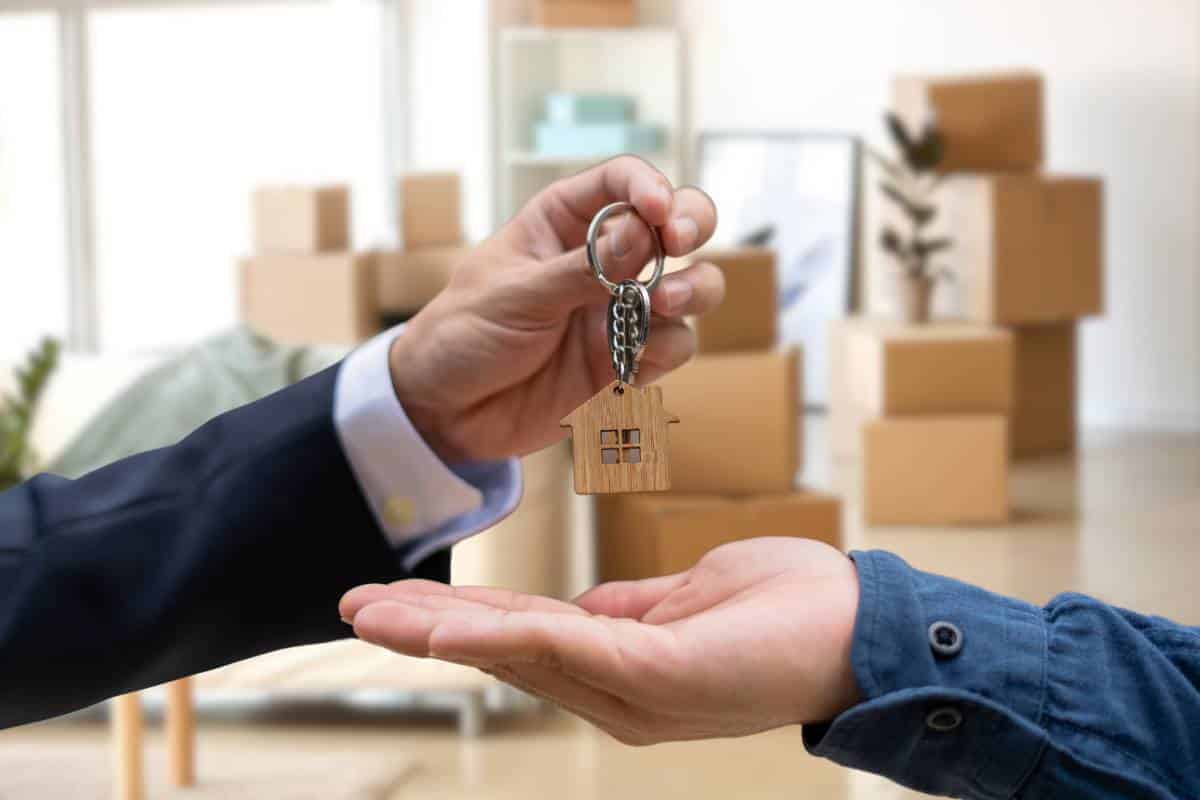
May we assist you in any way?
At Metropolitan Premium Properties, our team of expert real estate agents simplifies the Dubai property market for you. We navigate the complex legal framework, explaining all procedures and ensuring you understand your rights as a buyer.
Our services extend beyond guidance. We assist you throughout the entire transaction, from finding properties that match your budget and preferences to negotiating with sellers and handling all necessary paperwork, including property registration.
For investors seeking commercial properties, our property management service maximizes your returns and increases the value of your asset. This allows you to enjoy passive income from anywhere in the world without the responsibilities of traditional property ownership.
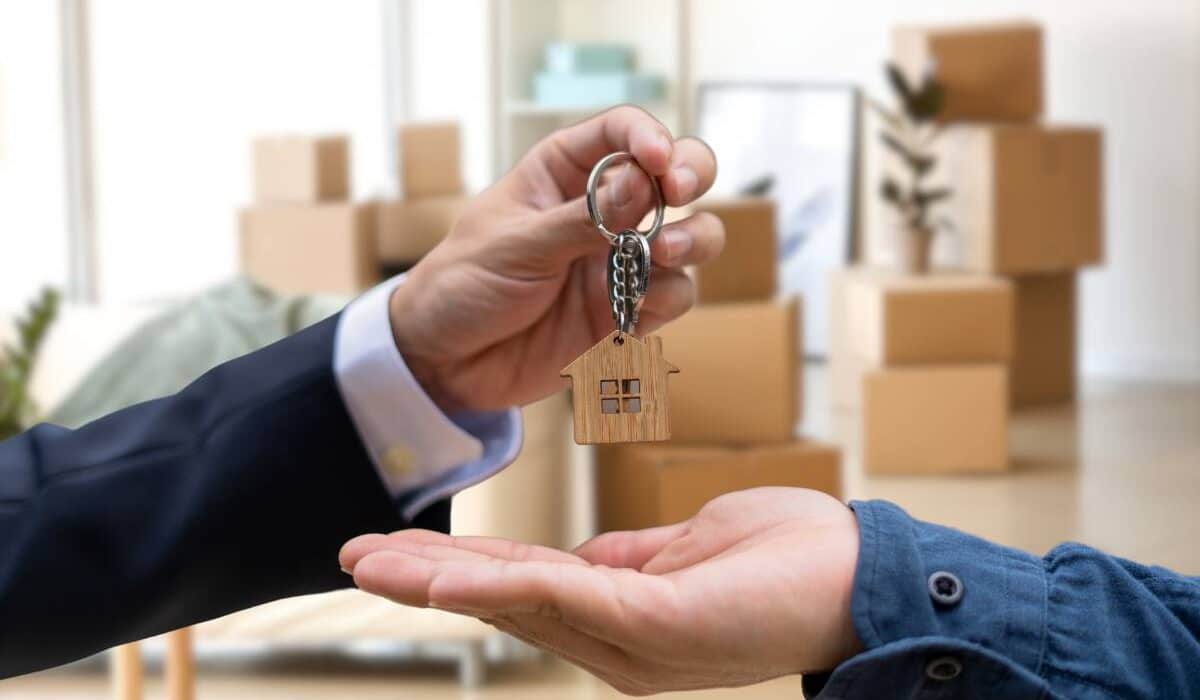
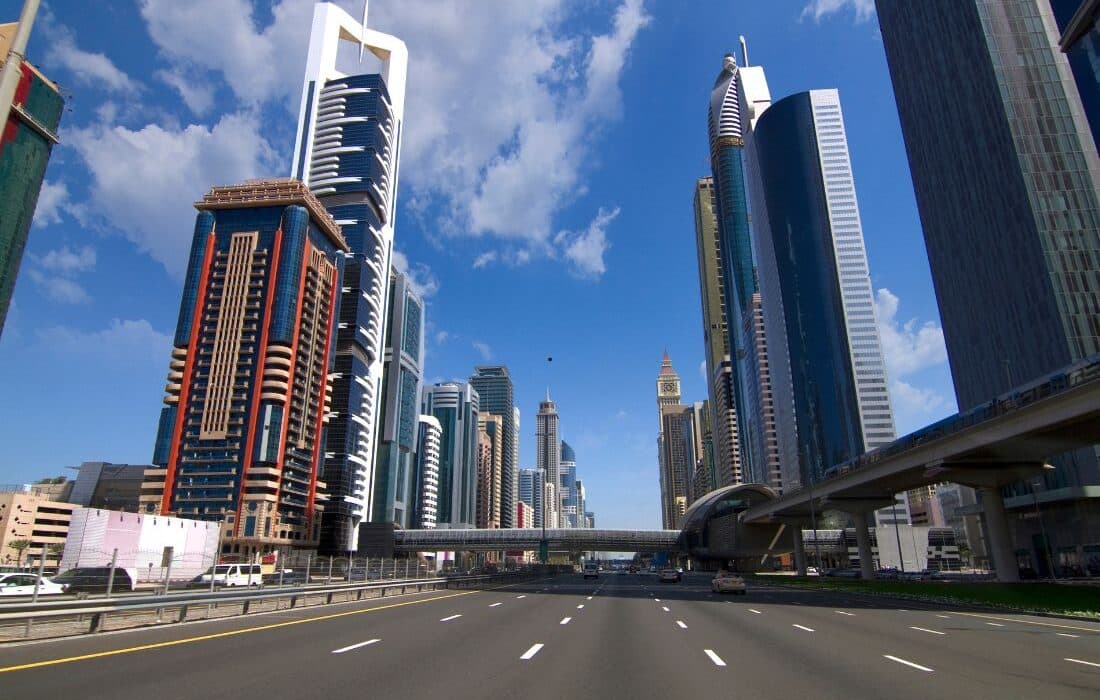
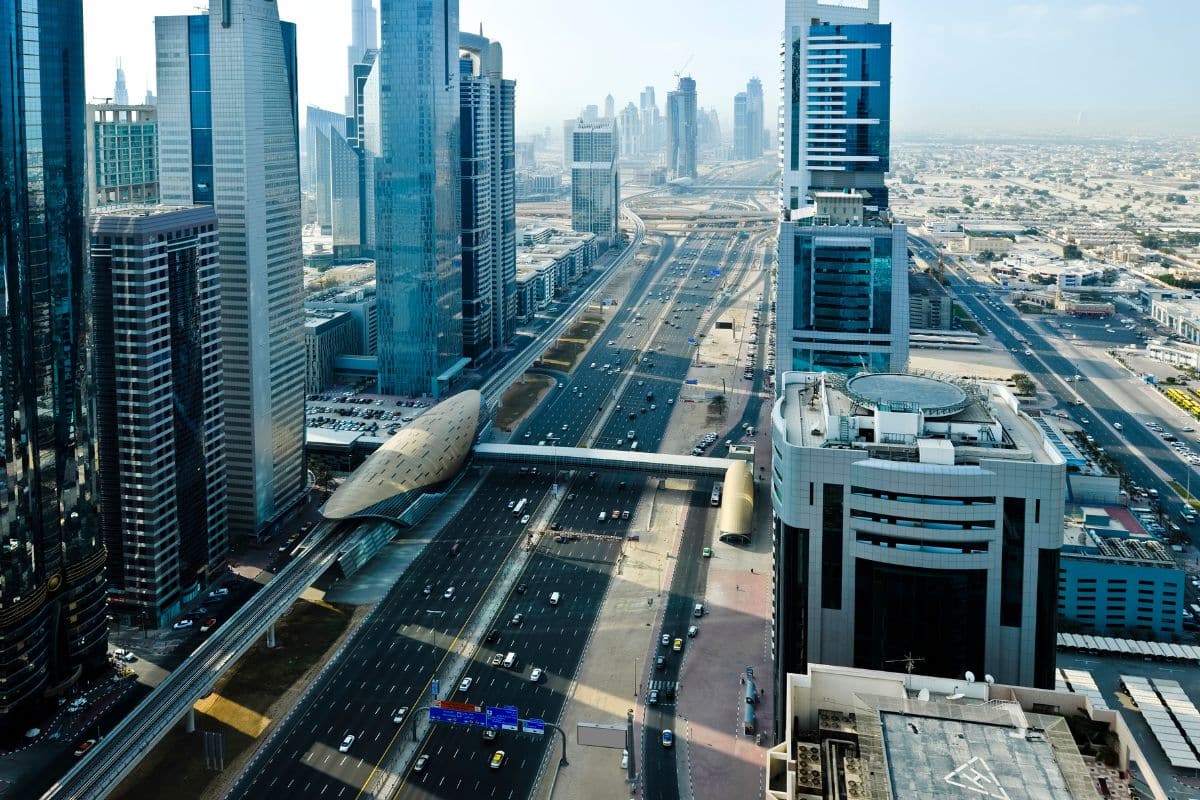
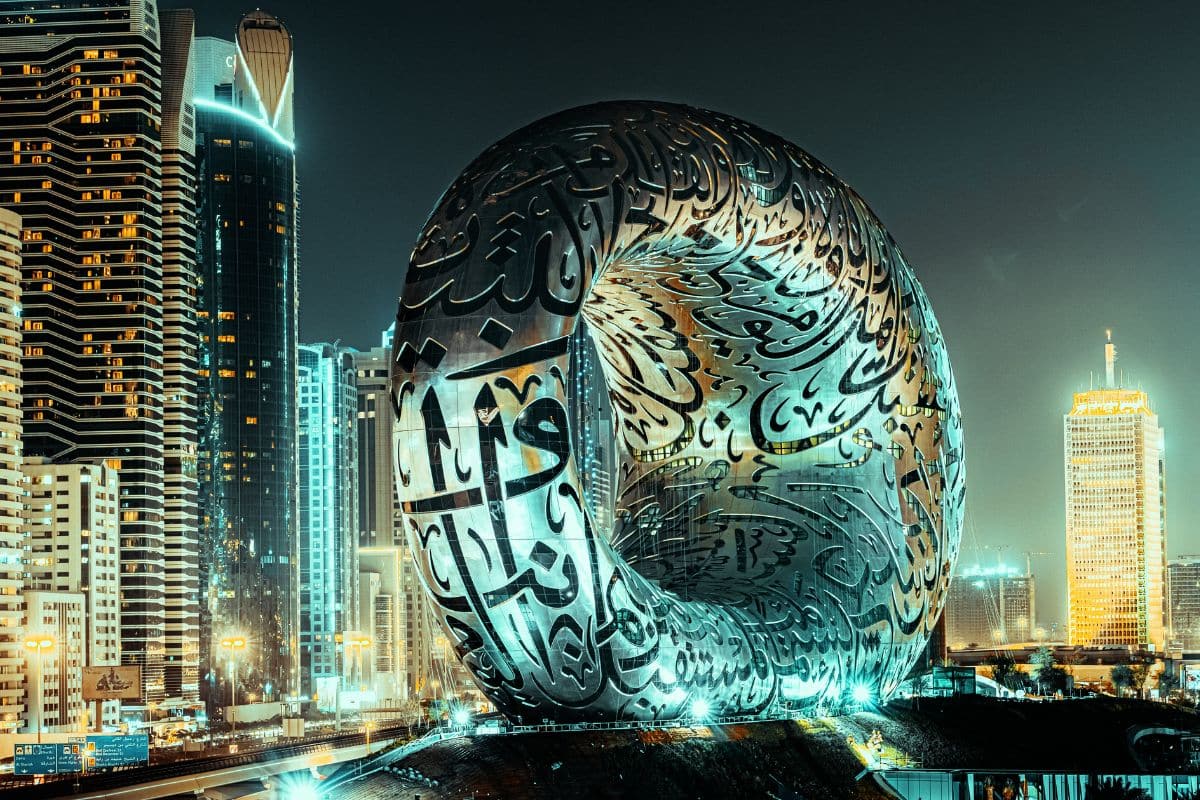
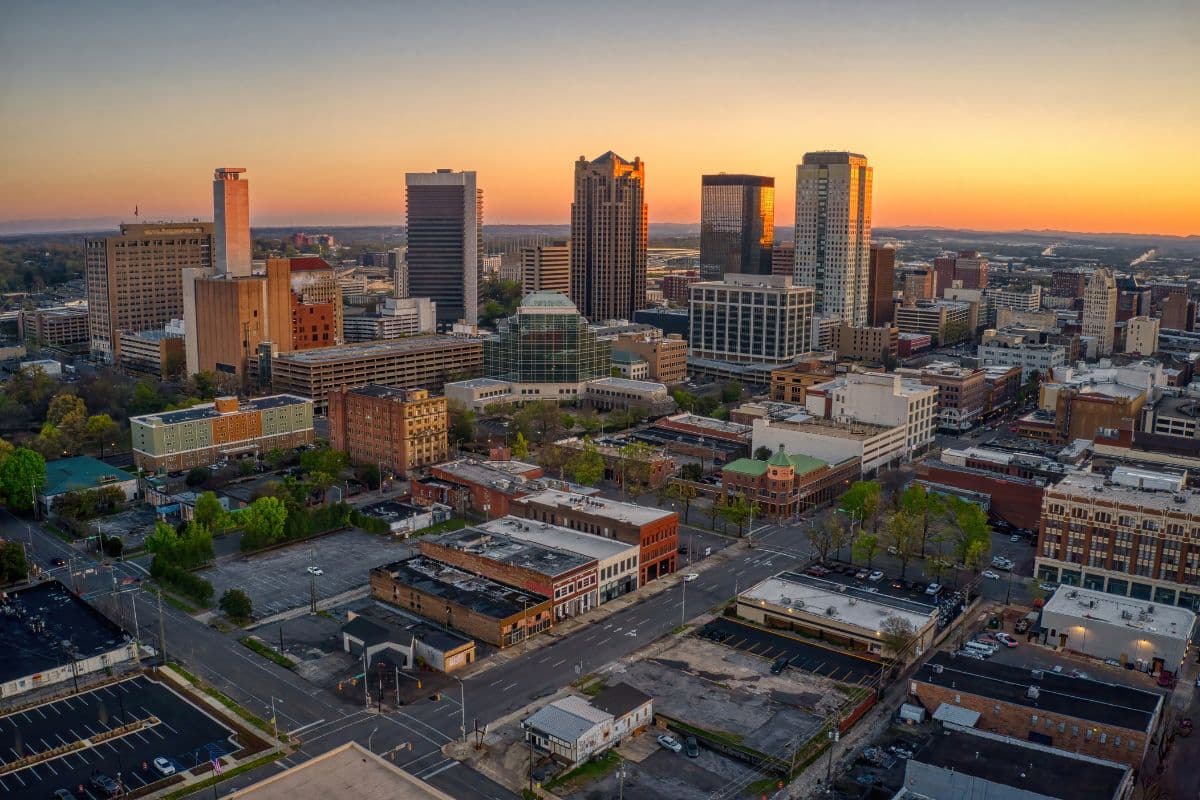
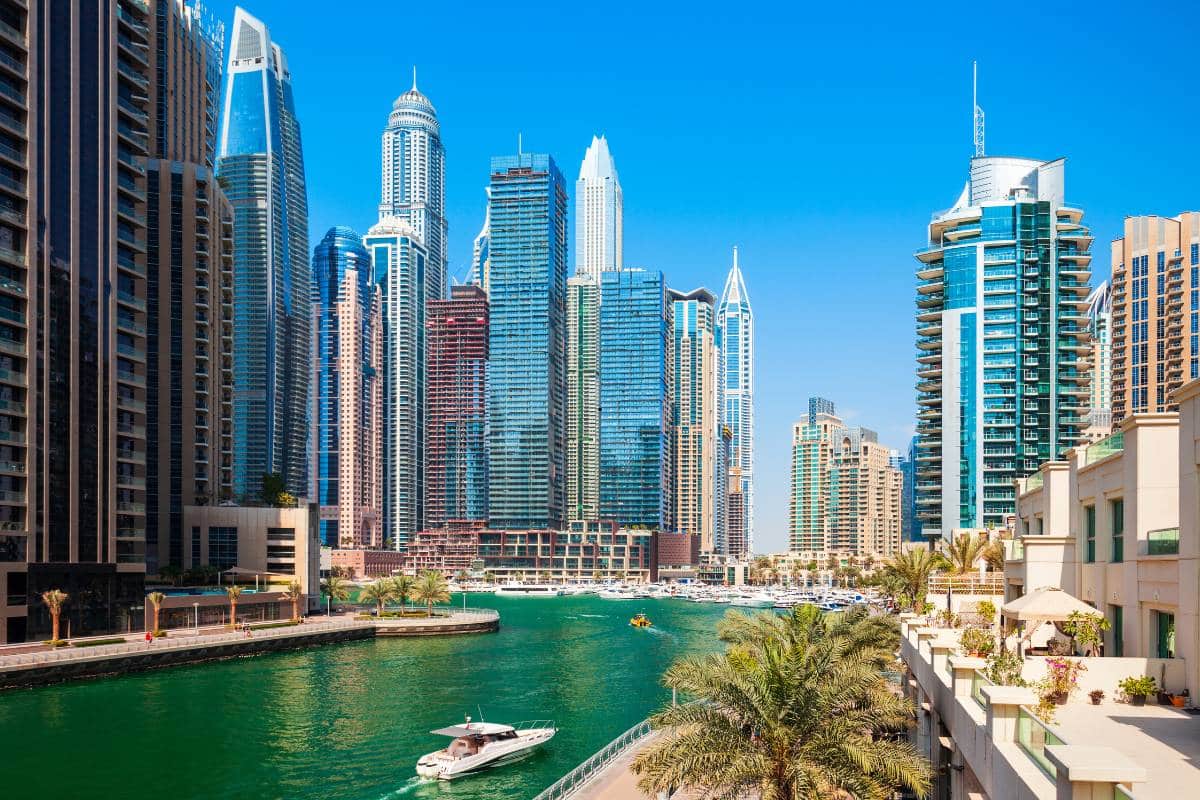

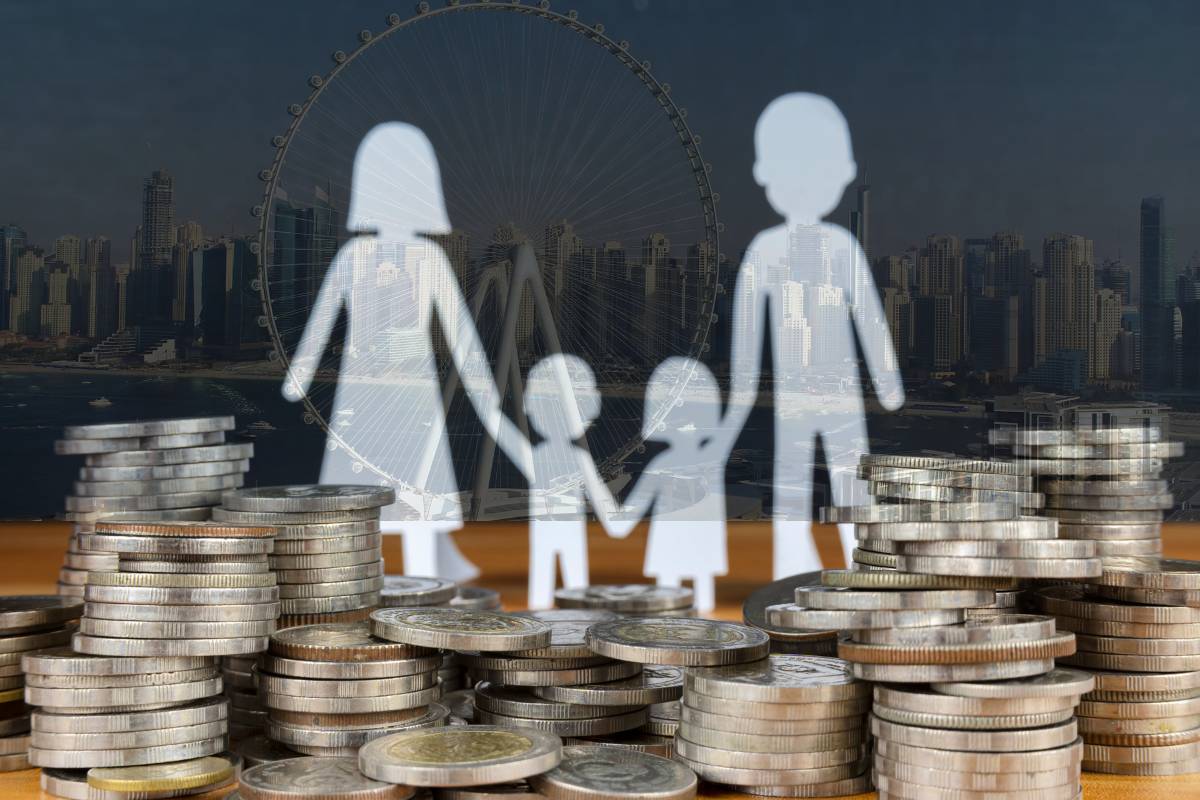 Are you thinking about making the move from renting to owning a home? Many people are currently exploring the potential of Dubai’s thriving real estate market. If you’re concerned about the financial aspects and whether buying property is a realistic possibility for you, iconre offers valuable insights. Here’s a summary what is the minimum income you’ll need to purchase property in Dubai.
Are you thinking about making the move from renting to owning a home? Many people are currently exploring the potential of Dubai’s thriving real estate market. If you’re concerned about the financial aspects and whether buying property is a realistic possibility for you, iconre offers valuable insights. Here’s a summary what is the minimum income you’ll need to purchase property in Dubai.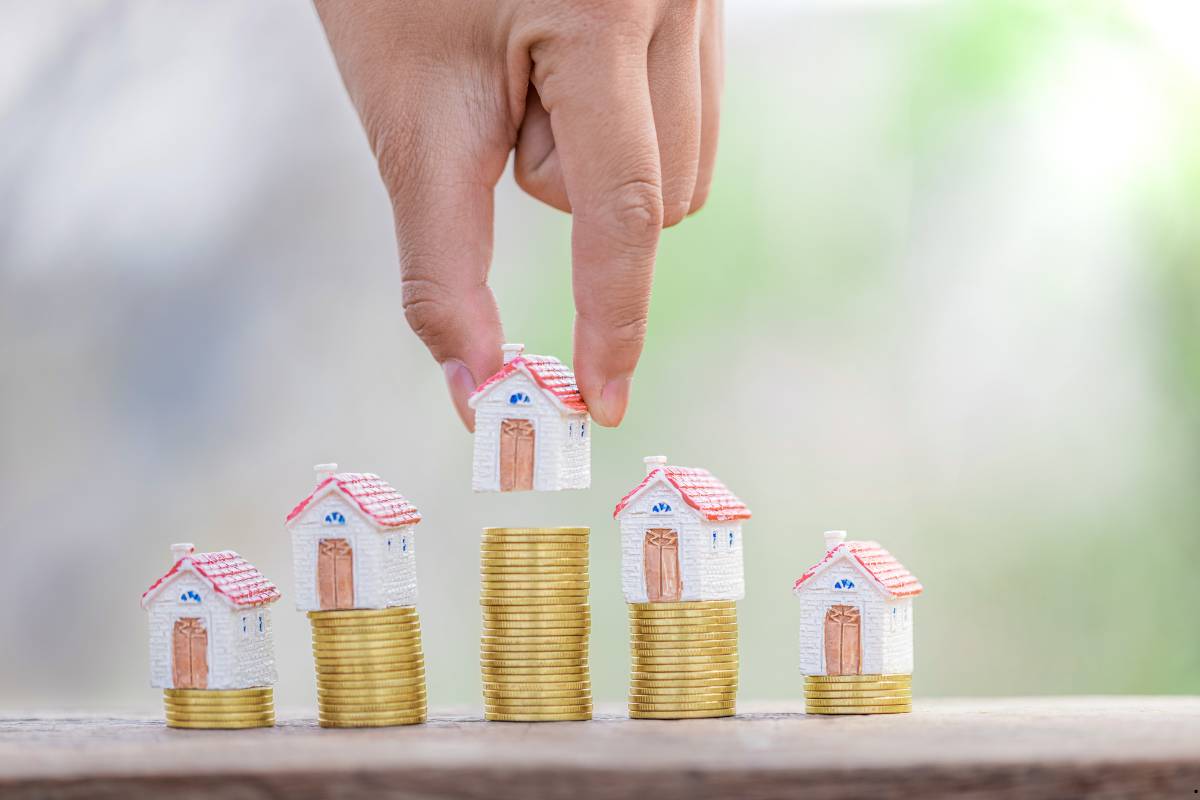 A common question is: what’s the lowest income needed to buy a home in Dubai?
A common question is: what’s the lowest income needed to buy a home in Dubai?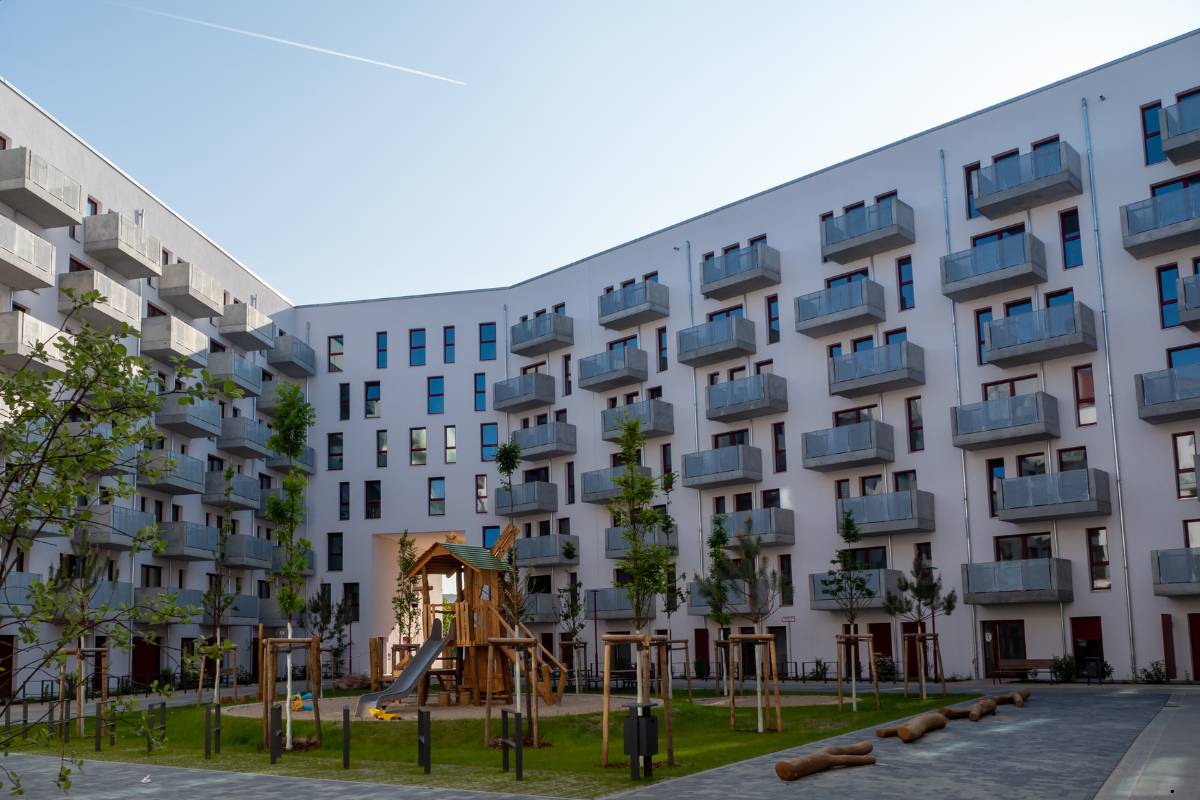
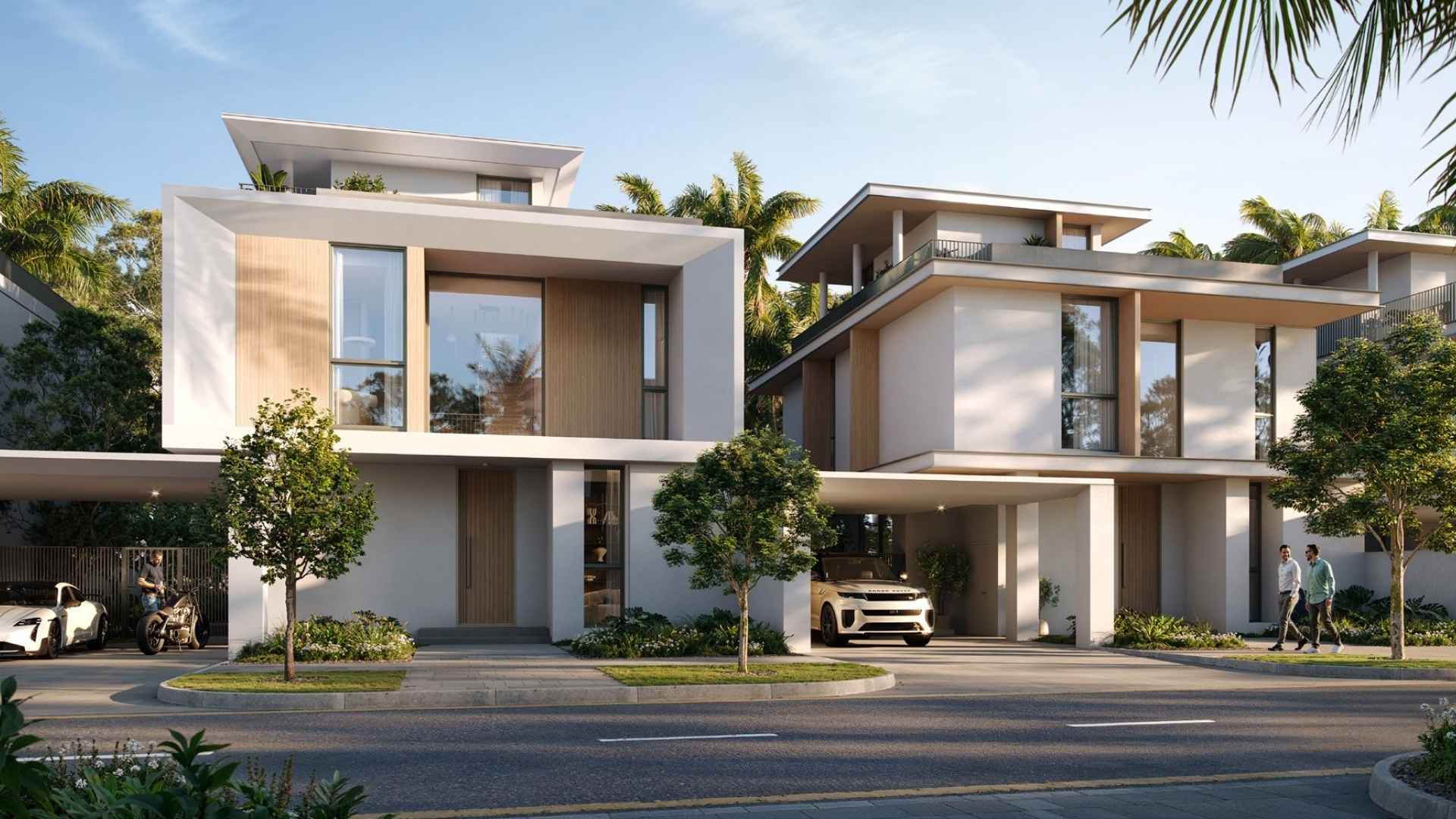 In Dubai, a minimum salary of approximately AED 15,000 is needed to purchase a home.
In Dubai, a minimum salary of approximately AED 15,000 is needed to purchase a home.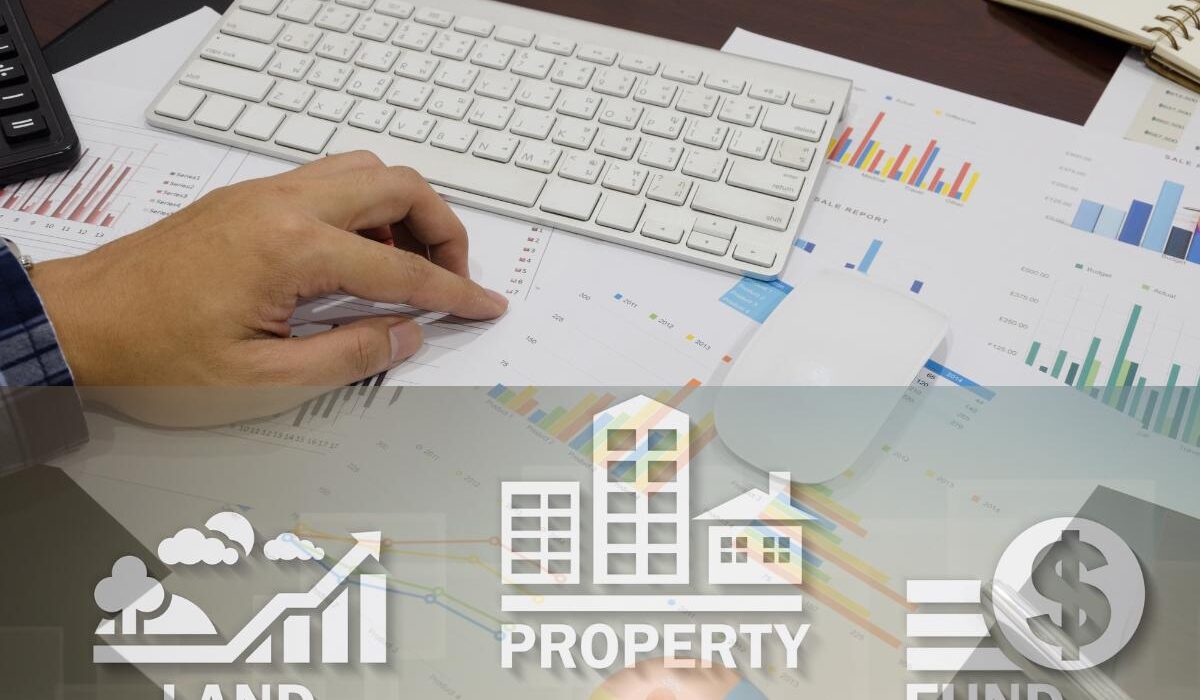
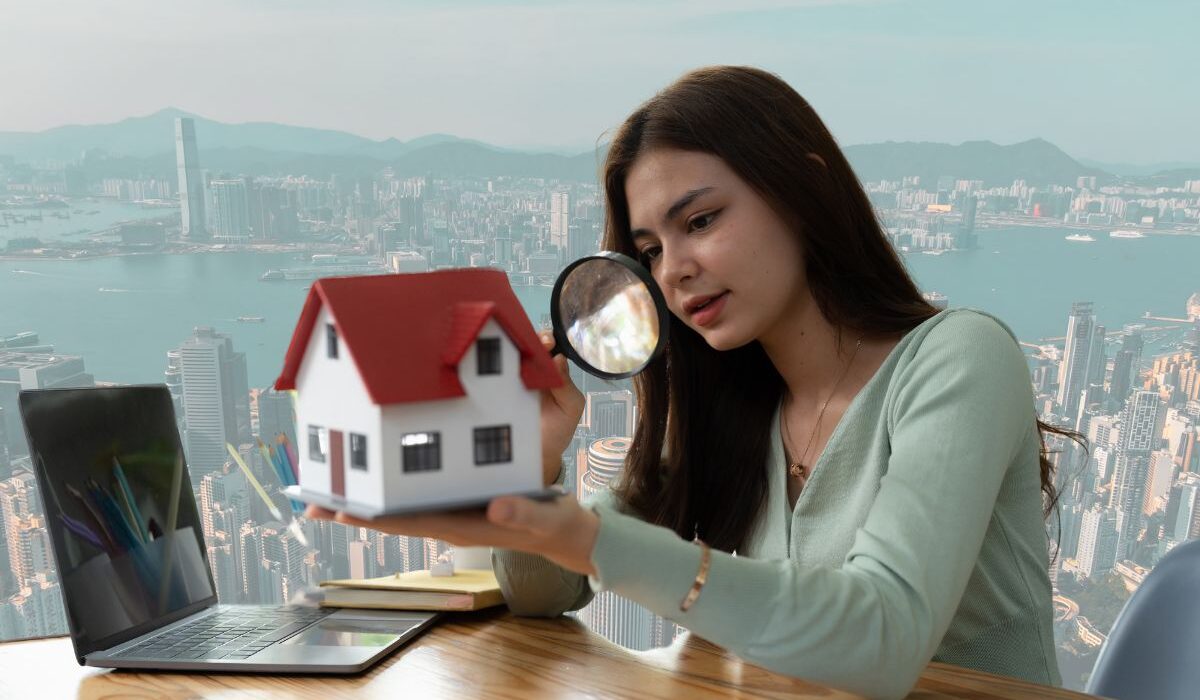
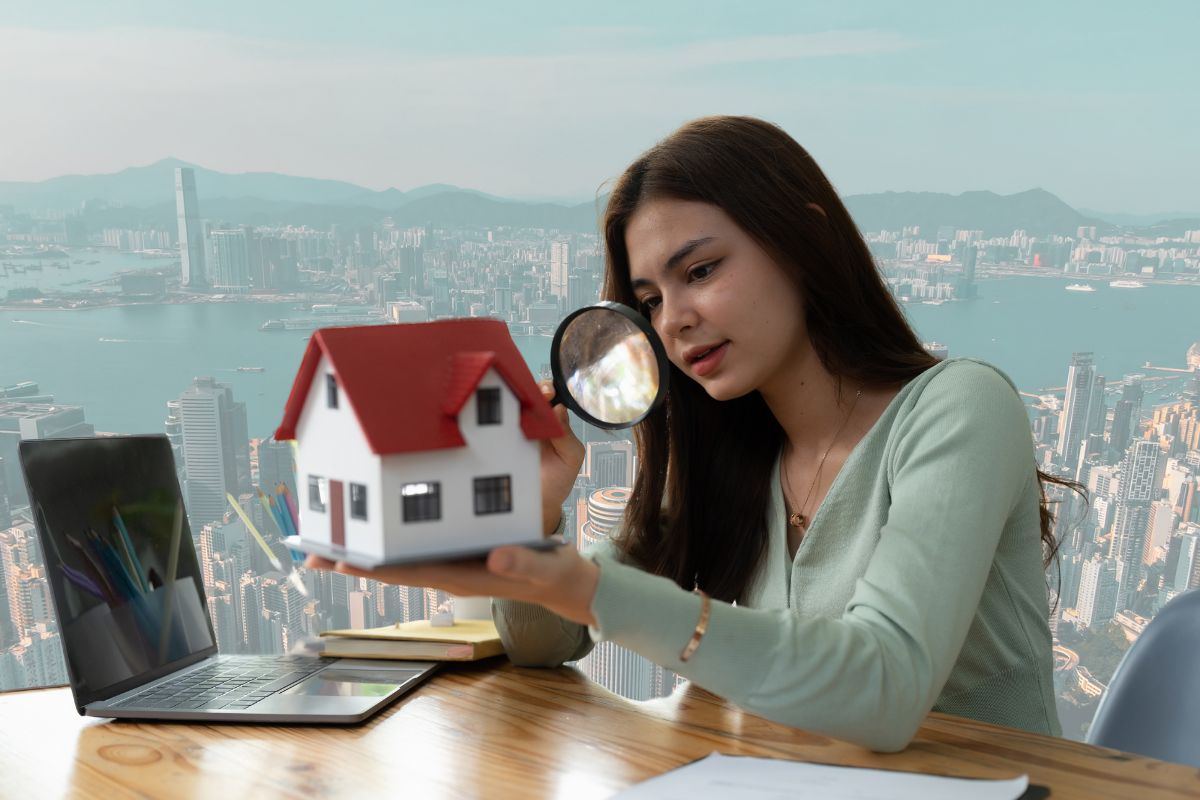
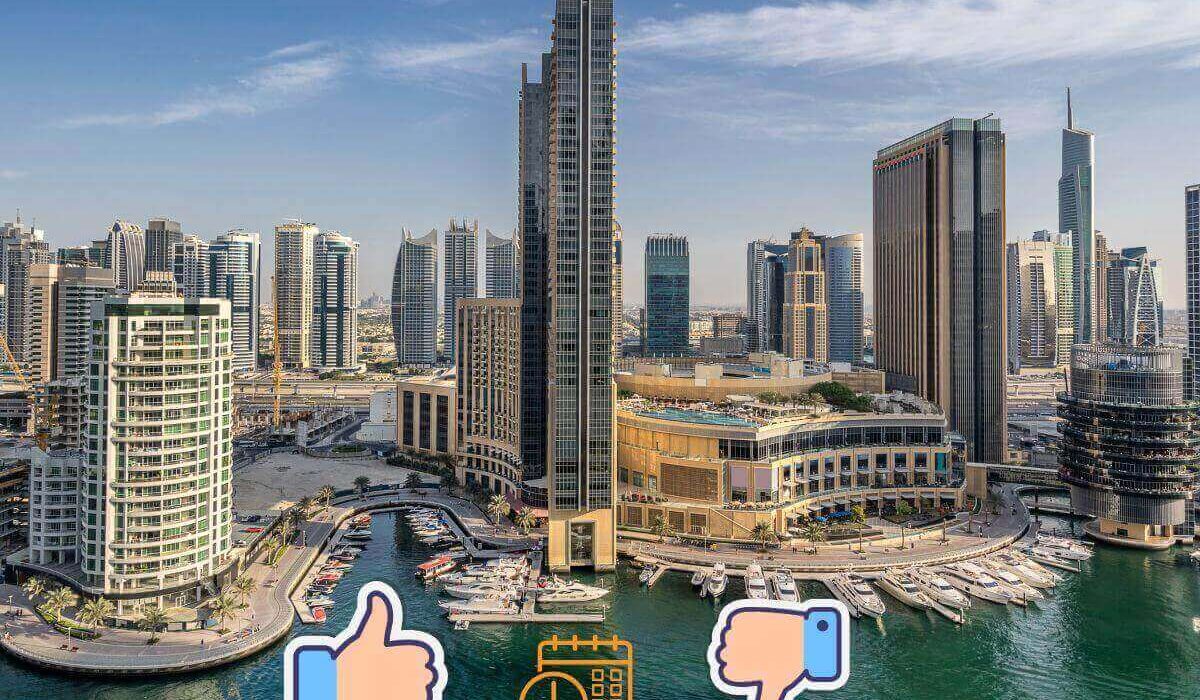
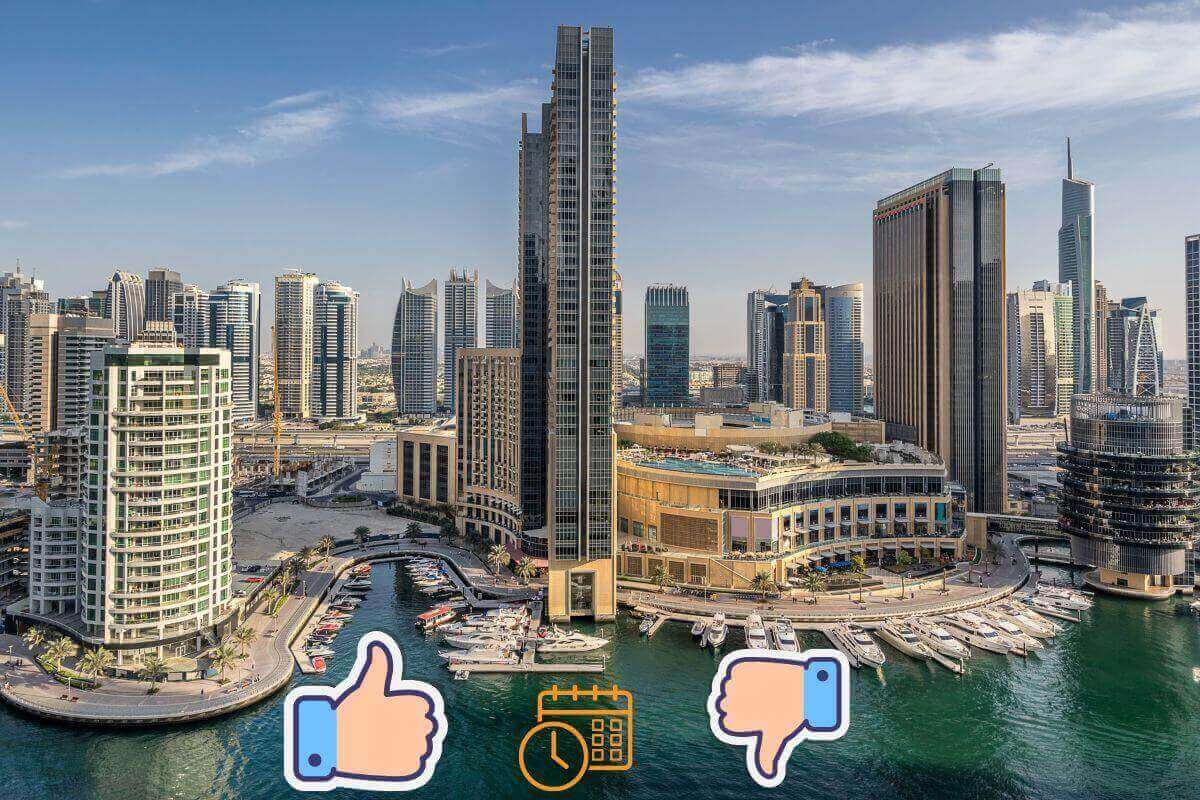
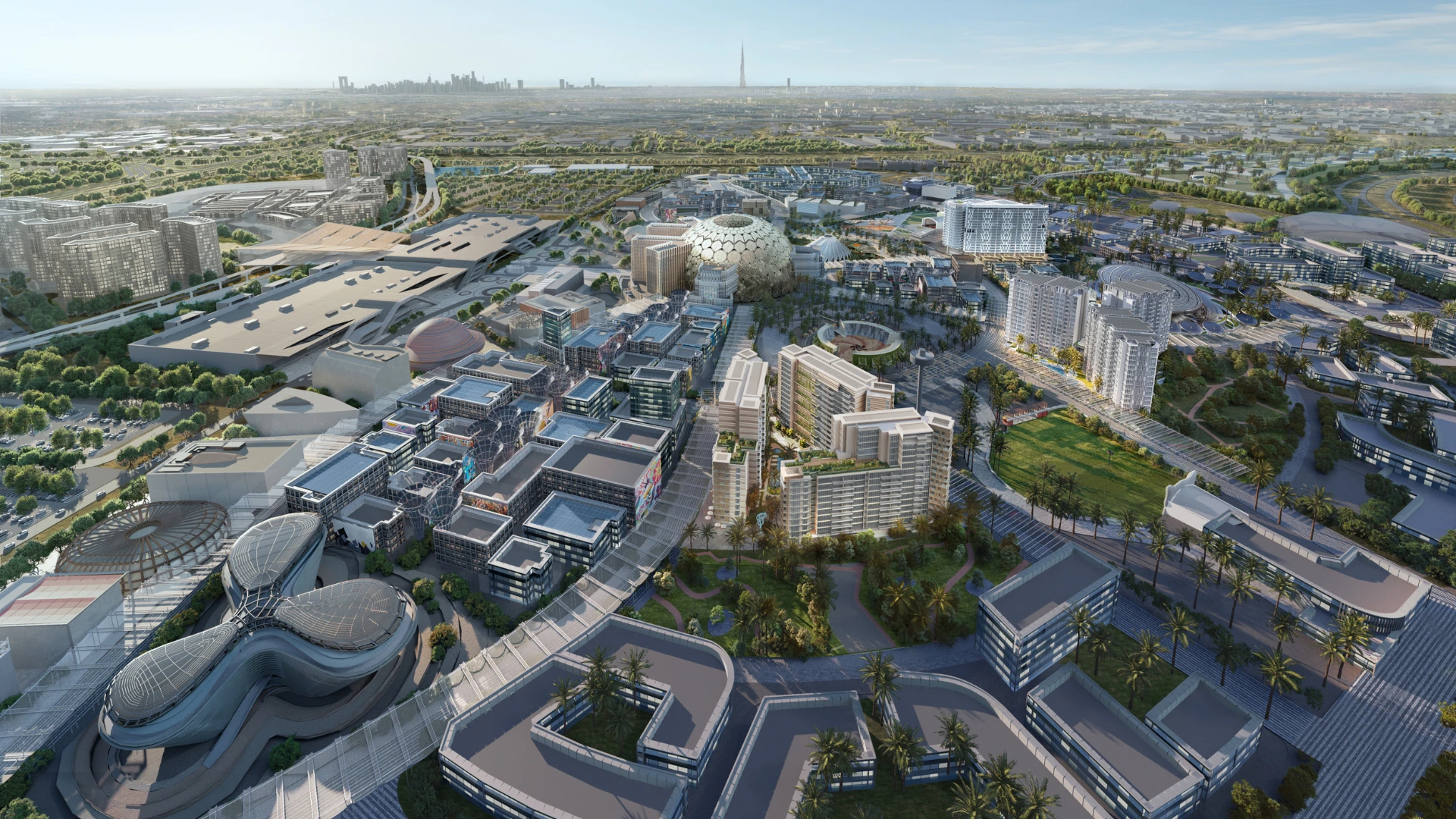
 Stay informed about government policies and regulations that influence the real estate market. Changes in property ownership laws, investment regulations, or visa rules can significantly affect buyer behavior and market dynamics.
Stay informed about government policies and regulations that influence the real estate market. Changes in property ownership laws, investment regulations, or visa rules can significantly affect buyer behavior and market dynamics.